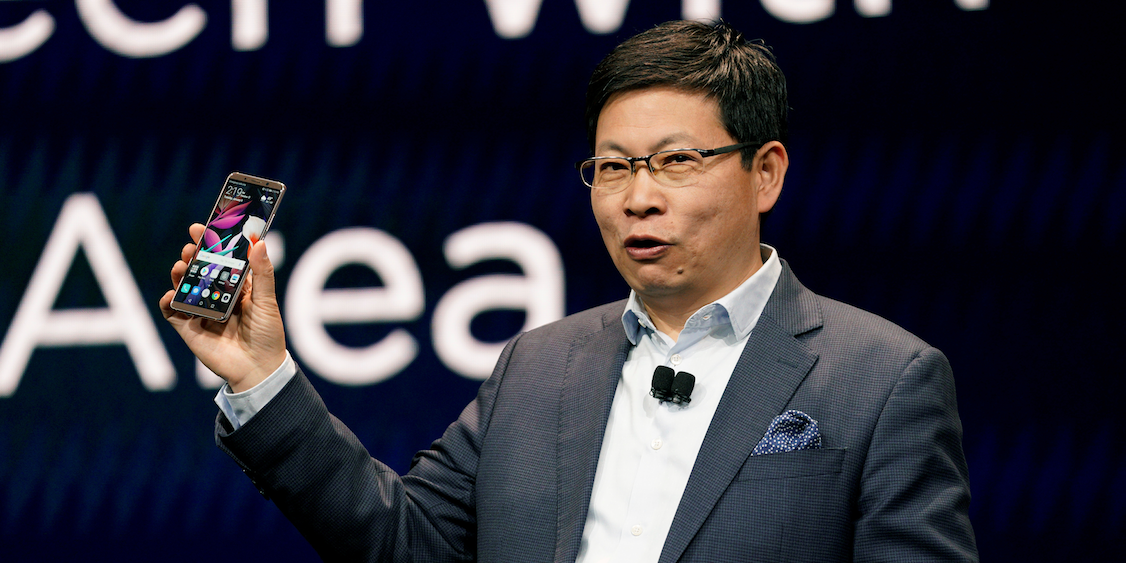- Facebook has a data sharing agreement with Chinese telecom giant and cell phone manufacturer Huawei, reports The Washington Post.
- For years, US intelligence officials have raised national security concerns about Huawei’s ties to the Chinese government.
- Facebook officials told The New York Times the arrangement was “controlled from the get-go,” and that no data was stored on Huawei servers.
- The partnership is reportedly still ongoing, but Facebook began winding down its device partnership program in April.
Facebook has a data sharing agreement with Huawei, a Chinese telecom giant and Android phone manufacturer that has raised national security concerns from US intelligence officials about its alleged ties to the Chinese government, The Washington Post first reported Tuesday.
The deal, which according to The New York Times was brokered sometime before 2010, granted Huawei access to Facebook user data. The company said the data allowed users to access Facebook, sync their address book, and upload photos directly to Facebook – even without a dedicated Facebook app.
This was especially useful in the early years of the deal, when not every device had Facebook in the app store.
Facebook also has deals with three other Chinese companies: Lenovo, Oppo and TCL, according to The Times. Representatives for Huawei, Oppo, TCL, and Lenovo did not respond to a request for comment by the time of publication.
"Facebook's integrations with Huawei, Lenovo, OPPO and TCL were controlled from the get go - and we approved the Facebook experiences these companies built," said Francisco Varela, Facebook's VP of Mobile Partnerships in a statement to Business Insider on Tuesday night. "Given the interest from Congress, we wanted to make clear that all the information from these integrations with Huawei was stored on the device, not on Huawei's servers," Varela said.
The data sharing deal is one of the partnership agreements Facebook had with over 60 device manufacturers, including Amazon, Apple, BlackBerry, HTC, Microsoft, and Samsung. The arrangement is ongoing with Huawei and others, but Facebook began quietly winding down its device partner program in April as a direct result of its review of data partnerships in the wake of the Cambridge Analytica scandal, the company told Business Insider.
Facebook officials told The Times the deal with Huawei is similar to its partnership with BlackBerry, which allowed the device maker to access user data such as relationship status, religion, political leanings, and events in order to make it easier to sync contacts between devices and apps. For instance, these integrations might have made it possible for the user of an older phone to upload a photo to their public Facebook profile, without using an app.
For years, US intelligence officials have worried about Huawei, and have even warned against US telecom companies from buying any of its network infrastructure. Most recently, the Pentagon banned Huawei smartphones at military bases, citing national security concerns.
This newest revelation is ill-timed for Facebook, which is facing renewed scrutiny from policymakers in the wake of the Cambridge Analytica scandal, in which as many as 87 million users had their personal information improperly obtained and used for targeting political ads. If Facebook is found to have violated its 2011 consent decree with the Federal Trade Commission (FTC), it could face hefty fines.
"I look forward to learning more about how Facebook ensured that information about their users was not sent to Chinese servers," Senator Mark Warner, the top Democrat on the Intelligence Committee, told The New York Times.

